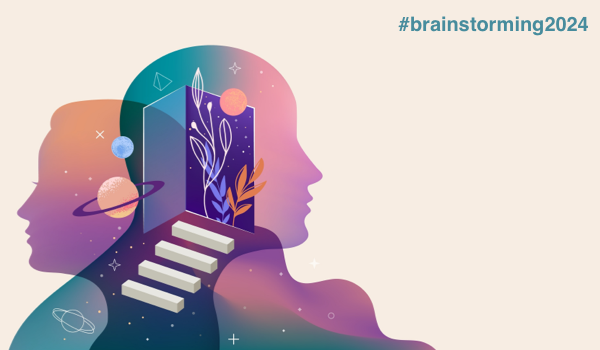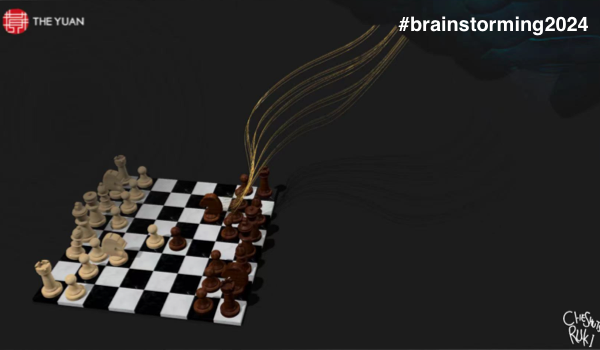


PARIS - Like Empedocles, Corax, Protagoras and other famous rhetoricians, the pre-Socratic philosopher Gorgias highlighted the importance of words used to manipulate political purposes and turned discourses into a struggle. This rhetoric has pervaded the political field for centuries and is still a tool used in political discourse today.
“Discourse is a great potentate”
Gorgias of Leontini, Encomium of Helen, 5 BCE
The narrative surrounding artificial intelligence (AI) ethics is no exception. Behind the veil of reassuring wording, hides the pragmatic reality of a competitive field. Yet, the potential risks of what AI may give birth to are of grave concern to many people. Navigating between the will to benefit from the godsend of AI, and the need to comfort worried consumers, requests a skillful use of discourse.
Words as Tools for Power
Introduced in 5 BCE by Empedocles, a pre-Socratic philosopher, rhetoric has gone through some diverse transformations. Thus, with Protagoras, Gorgias, or Prodicus, rhetoric is turned into sophistry, namely the art of using words with precise and univocal meaning, aiming at practical efficacy. Sophistry is a strategy to convince and to hide any kind of truth. Between conviction and manipulation, the line is thin enough to allow the use of sophistic discourse for disputable purposes, as vehemently denounced by the ancient Greek philosopher Plato.
Then, rhetoric turned into a powerful tool, a weapon to influence people, nay to manipulate them through demagogy. This trend has proved efficient enough to be used throughout history. In his satirical play, ‘The Knights,’
The content herein is subject to copyright by The Yuan. All rights reserved. The content of the services is owned or licensed to The Yuan. Such content from The Yuan may be shared and reprinted but must clearly identify The Yuan as its original source. Content from a third-party copyright holder identified in the copyright notice contained in such third party’s content appearing in The Yuan must likewise be clearly labeled as such. Continue with Linkedin
Continue with Linkedin
 Continue with Google
Continue with Google







 1717 views
1717 views










